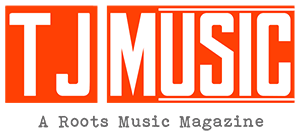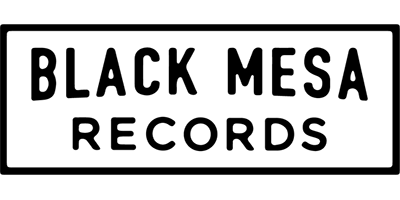
Turnstyled Junkpiled
M. Lockwood Porter’s fourth album, Communion In The Ashes. offers hope amidst the social unrest and uncertainty of our times. With inevitable comparisons to Bob Dylan and Bruce Springsteen sure to follow, Porter addresses the ailments of society with a touch of cynicism and a touch more of hope.
The title song roars out of the gate with furious electric guitar and pulsating kick drums. Sounding like Elvis Costello at his most strident, Porter sings about his time in San Francisco, “This city that I live in is pounding like a drum. It sounds like electricity with the faintest human hum. Noting the rising tension created by Big Tech’s political and financial takeover of the city and the subsequent rise in housing costs and proliferation of tent cities, he observes, “These gates and walls divide us. We have no common hymns.” As all but the super wealthy are being driven from the area, he predicts pushback: “When the bridges are all burned and they’re warring over matches, let’s hold a new communion in the ashes.” Whether calling for revolt or simply predicting it, he knows that change appears inevitable; however, when it’s time to rebuild, he calls for a more compassionate, “communion in the ashes.”
With touches of Tom Petty jangle-rock and Wilco type experimentation, Porter dives straight into the darkness infesting our culture. On “The Dream Is Dead,” he layers angst ridden lyrics over power pop guitar chords. “Waiting For A Sign” finds him in a Nick Lowe inspired “prison of my own design.” “Broken Light” conjures Drew Holcomb style anthemic folk rock as he laments the cracks in the system; singing, “The only way to beat the house is to head for the door.” And on the caustic, “Anything For Greed,” he lambasts greedy, soulless politicians and celebrities (I’m looking at you Jussie Smollet) with Midnight Oil levels of intensity.
Luckily M. Lockwood Porter doesn’t stay mired in the darkness. After facing the dark side, he turns to the light and finds cause for hope. On the jangly, wa-wa pedal driven “I Didn’t Know What Love Meant,” he realizes that most any hardship can be overcome with love. “Get Back To The Wild,” encourages us to stop following leaders and think for ourselves. When we find our mental freedom, Porter assures us that “This Fear Won’t Control Me.” Commenting on those in politics, religion, and the media who seek to divide us, he sings, “God damn that broken spell that’s been making our lives hell; poisoning the well of imagination. They want to rake our lives, make us sharpen all our knives.” This may be the most important point of the whole album: sometimes the first step to stopping hate is to stop following the spreaders of hate. With that bit of wisdom, Porter reminds us (in a style reminiscent of the Eagles’ “The Last Resort,”) that we, the people, need to fix things because there’s “Nowhere Left To Run.”
Porter takes on some weighty issues on this album, and he faces them with unflinching honesty. But his musical undertones soften the message and make even hard truths easier to face. And when he allows himself to see beyond our problems, he offers some much-needed hope for reconciliation; even if it is in the ashes of what we thought we knew.
